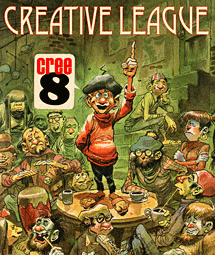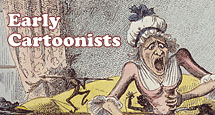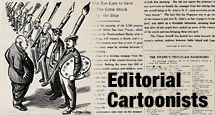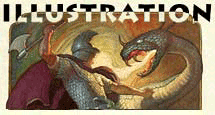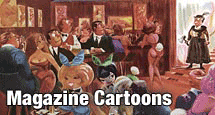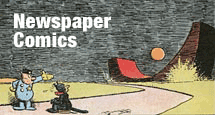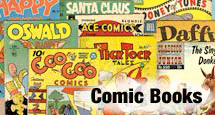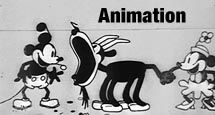This posting is a stub. You can contribute to this entry by providing information through the comments link at the bottom of this post. Please organize your information following the main category headers below….
Birth/Death
Birth: November 22, 1904
Death: February 4, 1957
Occupation/Title
A man of many talents, Covarrubias is known for being a Caricaturist, Illustrator, Author, Educator, Set Designer, Painter, Muralist, Ethnologist, and Anthropologist.
Bio Summary
Born in Mexico City, Miguel immigrated to New York City at the age of nineteen. Already an established artist in Mexico, he was able to quickly make a name for himself in the U.S. Mexican poet José Juan Tablada and New York Times critic/photographer Carl Van Vechten introduced Miguel to New York’s literary/cultural elite allowing him the opportunity to draw for some of New York’s most popular magazines. Miguel loved to immerse himself into other cultures as well as travel the world. His interest and love for all peoples is greatly represented in his artwork.
Early Life/Family
Miguel Covarrubias met Rosa Rolanda, a Broadway dancer, in New York in 1924. They later married in 1930. Their similar interests allowed them to collectively collaborate in projects together. They traveled the world spending significant time in Europe, Cuba, Bali, China, and New York, but eventually finally settled in Mexico where they mingled with many Mexican artists and intellectuals, including Diego Rivera, Frida Kahlo, Dolores del Rio, Antonio Ruiz, Roberto Montenegro, and Carlos Chávez.
Education/Training
Self-taught
Career Outline
A regular illustrator for such magazines as The New Yorker, Vanity Fair, and Fortune, he also wrote and or illustrated many books:
· The Prince of Wales and Other Famous Americans Miguel Covarrubias, 1925
· The Weary Blues Langston Hughes, (Illustrations by Miguel Covarrubias) 1926
· An Anthology of the Blues W.C. Handy, (Illustrated Plates by Covarrubias) 1927
· Negro Drawings Miguel Covarrubias, 1927
· Meaning No Offense John Riddell (Illustrations by Miguel Covarrubias) 1928
· Frankie & Johnny John Huston, (Illustrations by Miguel Covarrubias) 1930
· Mules and Men Zora Neale Hurston, (Illustrations by Miguel Covarrubias)1935
· Typee Herman Melville (Illustrations by Miguel Covarrubias), Limited Editions, 1935
· Island of Bali 1937
· Mexico South 1946
· The Eagle, the Jaguar, and the Serpent – Indian Art of the Americas; North America: Alaska, Canada, the United States 1954
· Mezcala, Ancient Mexican Sculpture, with William Spratling & André Emmerich, 1956
· Indian Art of Mexico and Central America 1957
Comments On Style
Miguel’s artwork features a simple line style but he has an ability to capture the essence and feeling of his subject matter. Although he has a highly stylized way of depicting his human figures, the simplicity of his work is both playful, entertaining, and often an intriguing commentary on the well known figures in his time.
Influences
Miguel was greatly influenced by his surroundings. His environment gave him great inspiration for much of his work. Living in New York, he was in a place filled with people of all walks of life. His love for Jazz and the culture inspired his Negro Drawings in the same way his travels brought him to write Island of Bali. He was well respected by artists of his time and influenced such artists as Al Hirshfeld.
Personality
Anecdotes
Miscellaneous
Filmography
Honors
1929 National Art Directors’ Medal
Related Links
http://www.mcovarrubias.com/
http://www.mexicanmuseum.org/membership/article_news.asp?articlekey=203&language=english
Bibliographic References
Williams, Adriana. Covarrubias. Austin: University of Texas Press, 1994.
Contributors To This Listing
Calixto
To make additions or corrections to this listing, please click on COMMENTS below…





